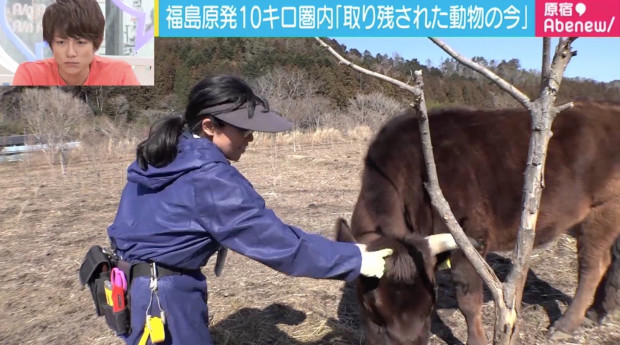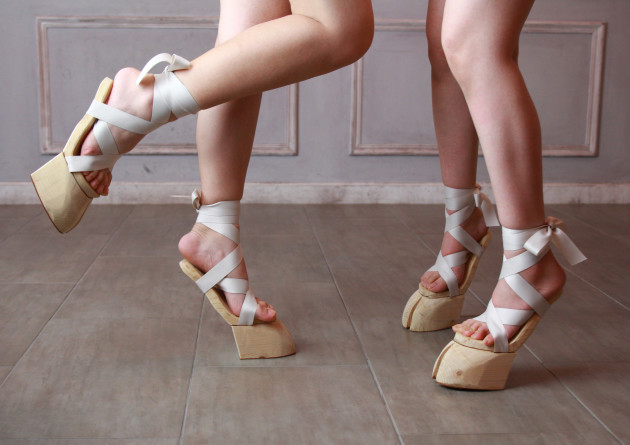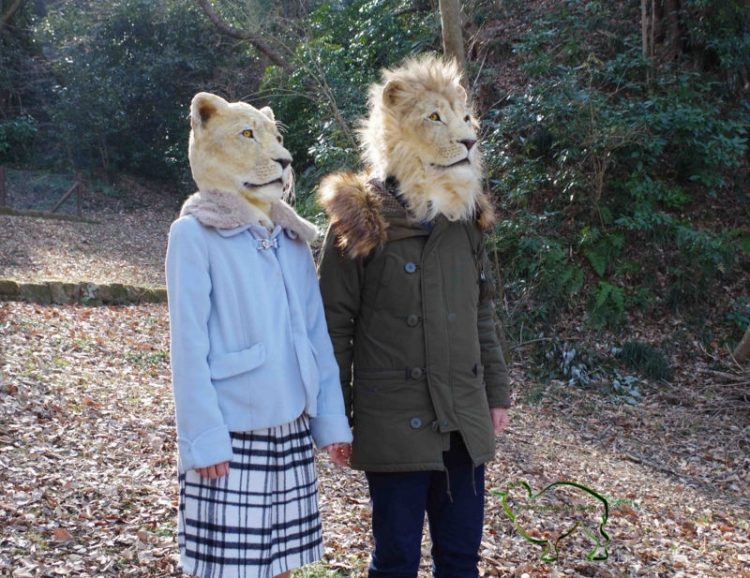A 20-year-old man from the Japanese city of Himeji has been hailed as a modern-day ninja, after managing to live unnoticed in an elderly woman’s house for half a year.
The young squatter’s incredible run came to an end earlier this week, when his 90-year-old host’s son came to visit and cook her dinner. During his time there, the man heard some strange noises coming from the second floor of the house, and walked up the stairs to investigate. When he opened the door to one of the upstairs bedrooms, he was shocked to find a young man sleeping on a futon. Instead of losing his composure and confronting the intruder, he kept his composure, simply closing the door very slowly and going back downstairs to ask his mother if she new anything about someone else living in her house. The 90-year-old woman had no idea what her son was talking about, so the man called 110 (emergency number) to report the trespassing.





















